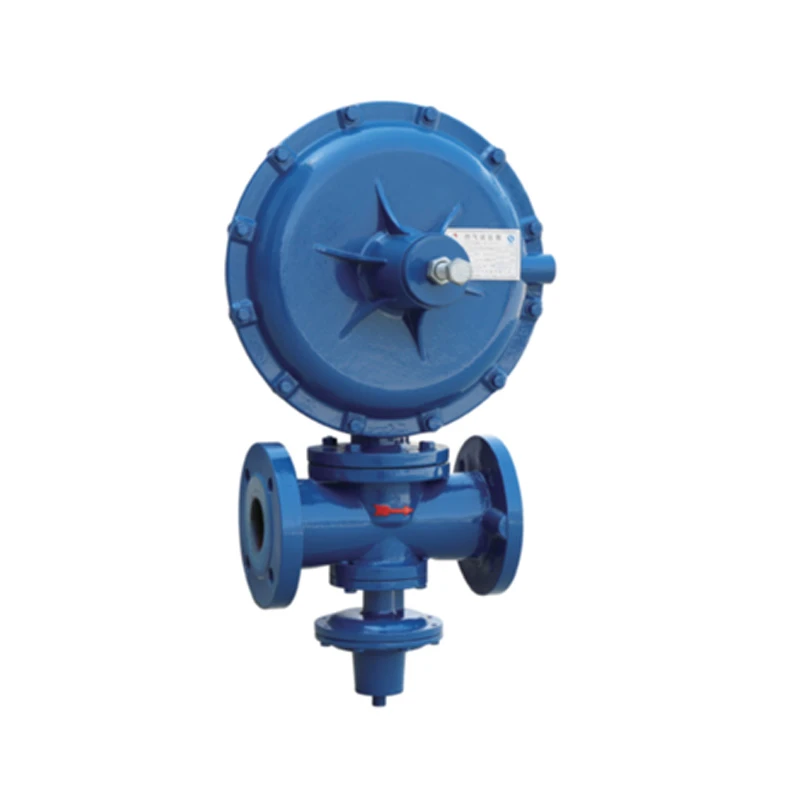
Dec . 29, 2024 18:26
Back to list
Exploring the Concept of Filtration in Various Scientific Applications
The Importance of Filtration in Modern Society
Filtration is an essential process that plays a critical role in various aspects of our daily lives, ranging from water purification to air quality management, and even in the manufacturing of pharmaceuticals. This article delves into the significance of filtration, its applications, and the technology behind it.
At its core, filtration is the process of separating solids from liquids or gases using a filter medium that allows the fluid (liquid or gas) to pass through while retaining the solid particles. This technique has been employed for centuries, with early methods including cloth and sand being used to purify drinking water.
Water Filtration
One of the most vital applications of filtration is in water treatment and purification. Clean drinking water is a fundamental necessity, and filtration systems are designed to remove contaminants that may pose health risks. From municipal water supplies to household filtration systems, various methods such as reverse osmosis, activated carbon filtration, and microfiltration are employed to ensure that the water we consume is safe and free from pollutants.
Advanced filtration technologies have made significant improvements in water quality. For instance, reverse osmosis uses a semi-permeable membrane to remove ions, molecules, and larger particles, effectively producing purified water. This technology is especially useful in areas where natural water sources are contaminated or scarce. Additionally, the use of activated charcoal in filtration systems effectively absorbs harmful chemicals, improving the taste and odor of water.
Air Filtration
filtration

Air quality is another aspect where filtration plays a critical role. Indoor air pollution can be caused by a variety of factors, including dust, allergens, smoke, and volatile organic compounds (VOCs). Air filtration systems, such as HEPA filters, are designed to trap particles as small as 0.3 microns, thus improving indoor air quality and safeguarding health.
HEPA filters are widely used in homes, hospitals, and industrial settings. In medical environments, for instance, high-efficiency filtration systems help prevent the spread of airborne pathogens, ensuring the safety of patients and medical staff alike. The COVID-19 pandemic underscored the importance of air filtration systems capable of capturing viral particles, highlighting the need for advanced air purification solutions in both public and private spaces.
Industrial Applications
In addition to residential uses, filtration is crucial in various industrial processes. The manufacturing of pharmaceuticals, food and beverages, and chemicals all require stringent filtration to meet safety and quality standards. In pharmaceutical production, for example, filtration removes bacteria and particulates from solutions, ensuring that end products are safe for consumption.
Moreover, filtration technology is increasingly being integrated into environmental management systems to treat wastewater and reclaim resources. Innovative filtration methods are being researched to extract valuable materials from waste streams, contributing to sustainability efforts.
Conclusion
Filtration is more than just a method of cleaning; it is a vital process that supports public health, environmental sustainability, and industrial efficiency. As technology continues to evolve, the development of more advanced filtration systems promises even greater effectiveness in removing contaminants. Whether it’s the water we drink, the air we breathe, or the products we consume, filtration remains a cornerstone of modern society, ensuring a cleaner and healthier future for all. Understanding and implementing effective filtration solutions will be crucial as we face growing challenges related to pollution and resource management in the years to come.
Next:
Latest news
-
Safety Valve Spring-Loaded Design Overpressure ProtectionNewsJul.25,2025
-
Precision Voltage Regulator AC5 Accuracy Grade PerformanceNewsJul.25,2025
-
Natural Gas Pressure Regulating Skid Industrial Pipeline ApplicationsNewsJul.25,2025
-
Natural Gas Filter Stainless Steel Mesh Element DesignNewsJul.25,2025
-
Gas Pressure Regulator Valve Direct-Acting Spring-Loaded DesignNewsJul.25,2025
-
Decompression Equipment Multi-Stage Heat Exchange System DesignNewsJul.25,2025

